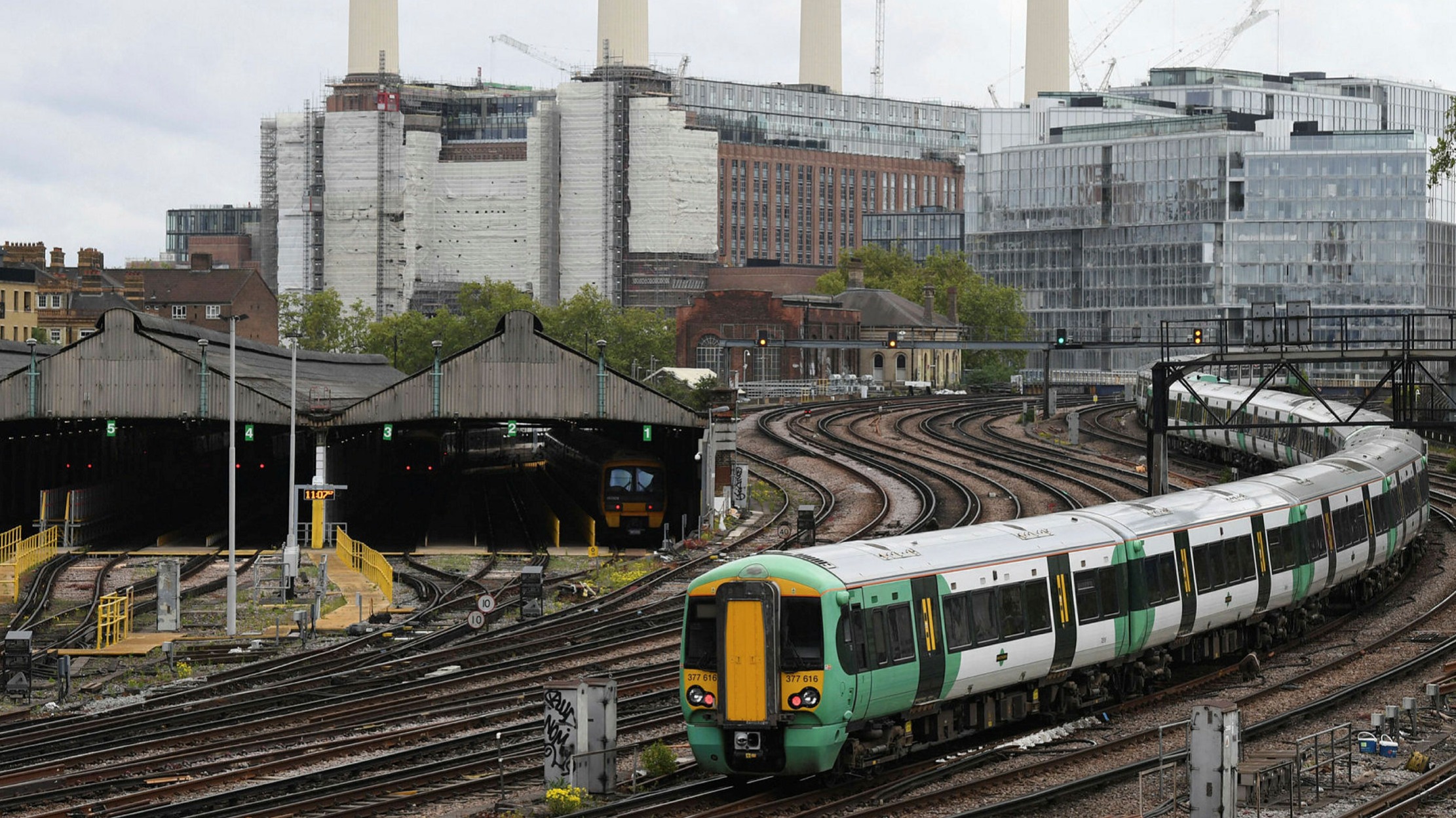
Britain is facing its biggest rail strikes for decades after last-minute talks between union and train companies failed to reach a settlement. The negotiation is over pay and job security. Up to 40,000 cleaners, signalers, maintenance workers, and station staff are due to walk out for three days this week i.e., on Tuesday, Thursday and Saturday.
The strike is expected to shut down most of the rail network across the country. Moreover, London Underground subway services will also be hit by a walkout on Tuesday. The Rail, Maritime, and Transport Union branded employers’ latest offer “unacceptable” and said, “the strike action scheduled this week will go ahead.” Secretary-General Mick Lynch said rail companies had “proposed pay rates that are massively under the relevant rates of inflation, coming on top of the pay freezes of the past few years.”
Unions are warning of a summer of strikes as soaring inflation hits the pay packet of workers across the economy.
Impact of the strike in the UK
Millions of people in Britain, like those across Europe, are seeing their cost of living swell. Salaries have not kept pace with inflation; which has hit 9% and is forecasted to rise further. Equally important, Russia’s war in Ukraine has squeezed supplies of energy and food staples including wheat. Prices were already rising before the war, as the global economic recovery from the COVID-19 pandemic fueled strong consumer demand.






